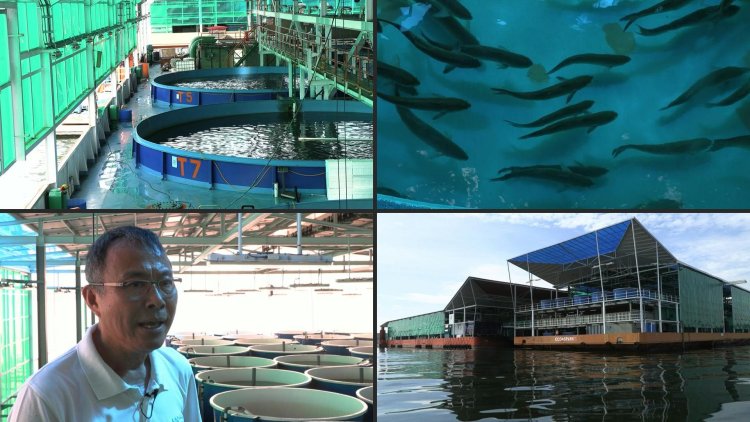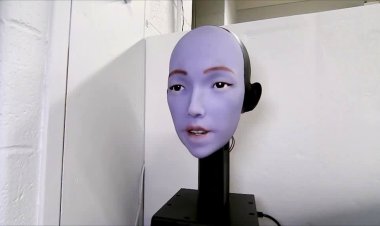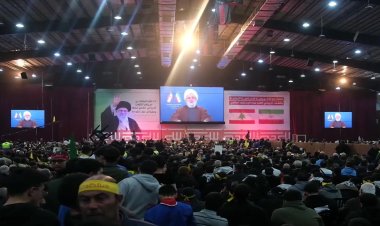Singapore's Eco Ark Revolutionizes Aquaculture

A high-tech fish farm floats just off the coast of Singapore, part of a plan by a retired engineer who once built oil rigs to bring diners cleaner, healthier seafood.
The tiny city-state imports 90 percent of its food but hopes to locally source about a third of it by 2030 to guard against supply disruptions such as climate change, disease and conflict.
So officials are backing projects such as Eco Ark, a giant aquafarm that produces seabass, grouper and threadfin for restaurant tables across the city of nearly six million.
The facility harvests 30,000 kilograms a month, which ex-engineer Leow Ban Tat, founder of Eco Ark and the Aquaculture Centre of Excellence, says is 20 times more per hectare than traditional open-net cage farms.
The structure, which sits on a purpose-built submersible platform, filters seawater through an ozone machine to kill disease-causing pathogens before then transferring it into fish tanks six meters deep.
The tanks simulate ocean conditions to keep the fish swimming against the current, making them leaner and more nutritious, and shield them from threats such as disease, plankton blooms and oil spills.
Eco Ark's fish are delivered to more than 80 restaurants, supermarkets and specialty shops that put a premium on them being freshly harvested and healthy.
Leow hopes eventually to export not only the fish but the technology for the Eco Ark, which he says can be built near coastal areas to shorten delivery time and cut costs.
Food security has become a major issue for Singapore, roughly the size of New York City but without the space to meet its agricultural and industrial needs, so funding has been granted for everything from rooftop vegetable farms to Eco Ark's fish farm.















